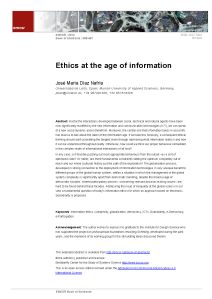 By: Henry Mauricio Ortiz Osorio (University of León, Spain); José María Díaz Nafría (University of Santa Elena, Santa Elena, Ecuador; Universidad de León, Spain; Munich University of Applied Sciences, Germany)
By: Henry Mauricio Ortiz Osorio (University of León, Spain); José María Díaz Nafría (University of Santa Elena, Santa Elena, Ecuador; Universidad de León, Spain; Munich University of Applied Sciences, Germany)
Published in: Systema 4(2) : 10-19 (2016)
Abstract: During the government of Salvador Allende, Chile implemented a paradigmatic system of control and regulation of production, emerged from the need of controlling and knowing the Chilean nationalized industry concerning the needs to provide. Allende believed that the transformation pathway to socialism could be different to those that had existed, and he suggested a model of integration with the worker as the core of process management and decision making. In that sense the Cybersyn project was designed with the goal of having a decentralized state control of the industrial production able to attend real needs properly and timely. Starting on real-time information that would anticipate and correct potential incidents before they even occur. The project provided valuable information on the nationalized companies for coordination and operation, being a political tool of vital importance for Allende’s government for which decision-making issues reach the most proper level. Latin American current processes of social disruption allow us to analyze the historical perspective of this project to find parallelizing, similarities and common points that allow us to extend the analysis of industrial relevance of these cases. Furthermore, the current political, economic and social reality has evolve in such a way that the Cybersyn model requires an adaptation to new relevant complex features of the social system which challenge its practicality.




